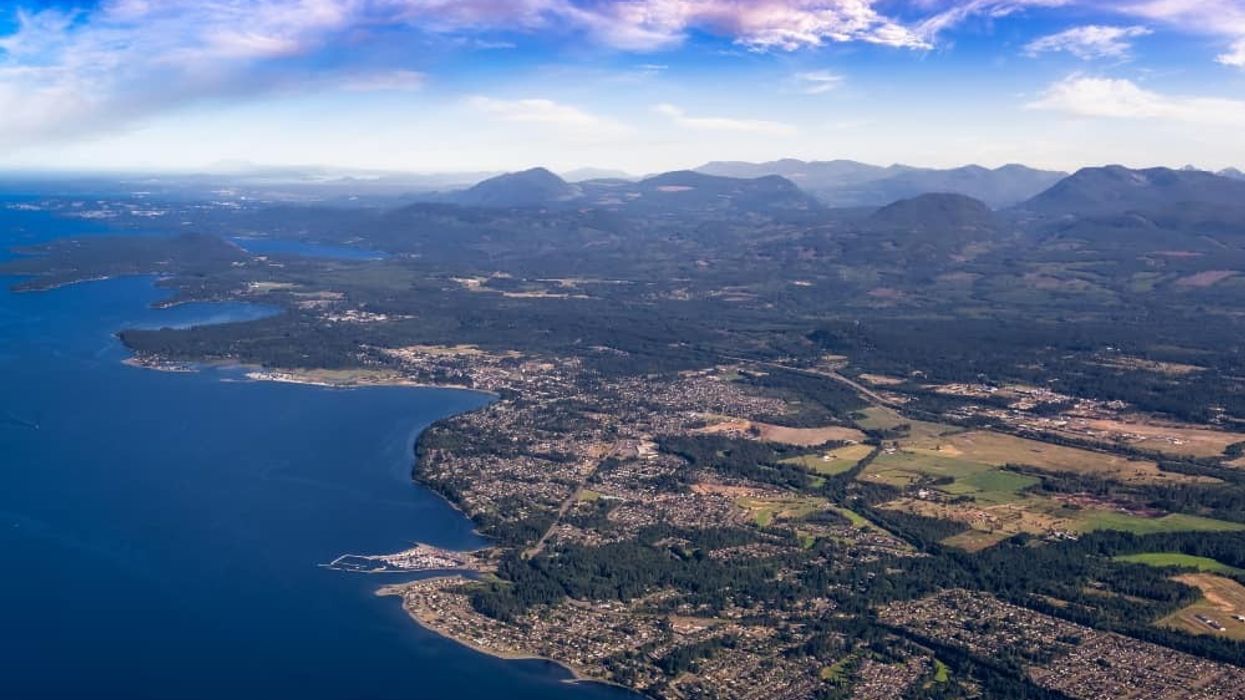By most measures, 2022 was a tumultuous year for anybody in the real estate industry and market. And while Vancouver Island is relatively stable, it wasn't completely impervious to the ebbs and flows of market conditions.
"Nobody could predict the fervour and appetite for inventory, and the level of competition for housing, in the first quarter," says Christine Ryan, a Vancouver Island-based Sales Manager at Sotheby’s International Realty Canada.
Since then, home prices have cooled from those high peaks, even on the sturdy and stable Island, but Ryan notes that the average price point has still held strong compared to this time last year. A return -- rather than a regression -- to the mean, in other words.
"If we were to discount the unprecedented spring market, the return to a gently appreciating market is typical of the stability of the stalwart Vancouver Island market," she adds.
Asked what region of Vancouver Island "won" the year, from a real estate perspective, Ryan identifies the Parksville and Qualicum region about mid-Island, where prices have also remained strong.
"We saw an influx of buyers from the Mainland to this region with a steady rise in market value," said Ryan. "This region is extremely popular with high net-worth purchasers who can buy or build on the ocean for a fraction of the cost of an oceanfront home on the Mainland -- and ferry, seaplane or helijet to Vancouver in under 30 minutes."
Looking forward, Ryan says Westshore -- north of Greater Victoria -- is her pick for the region to watch in 2023.
"[Westshore] has seen a momentous change politically with the incumbent usurped by a new Council for the first time in almost thirty years," Ryan notes. "This municipality is not unionized and saw a massive boom in development over the last several years. We will see what effect the political change has on market values in the area."
READ: In Uncertain Times, Vancouver Island’s Real Estate Market Serves Stability
Come the new year, several pieces of new legislation announced by the Province of British Columbia in 2022 will be coming into effect.
Perhaps the most-discussed is the new three-day rescission ("cooling-off") period, which the Province announced in July and comes into effect on January 3. Some consumers are concerned, but Ryan says the change is "a case of shutting the stable door after the horse has bolted" and there really isn't much to be worried about.
"The rescission period will make little to no difference in the activity of the market," she said. "With the return of subjects (or due diligence) on offers, the rescission period will only apply to a very minimal volume of transactions."
The same goes for the federal government's ban on foreign buyers -- at least for Vancouver Island -- which comes into effect January 1.
"Vancouver Island’s unique environment and desirable lifestyle attracts the eye of the international buyer, but we are not overly concerned because international buyers and foreign buyers are not one and the same," Ryan says. "Many of our buyers are Canadians abroad, dual citizens, or spouses with Canadian partners [and] there are exemptions to the legislation which will further lessen the impact of the ban."
After a year of increases, interest rates are also expected to level off a bit around the midpoint of the year. So, while the Island has gotten a bit of snow recently, the forecast for 2023 appears to call for sunshine around the corner.
This article was produced in partnership with STOREYS Custom Studio.





















